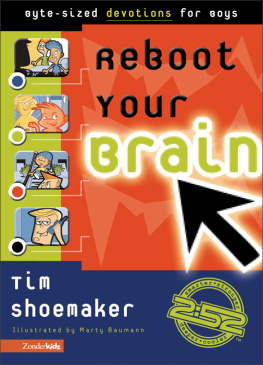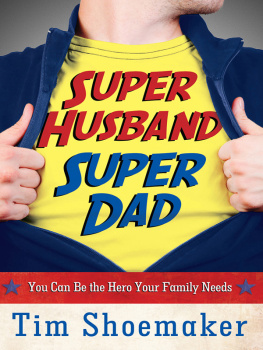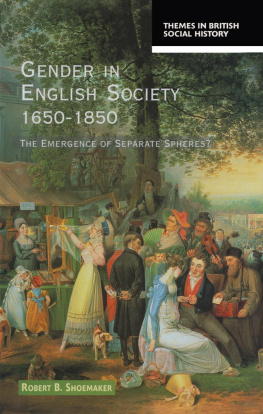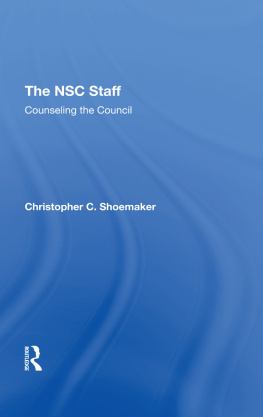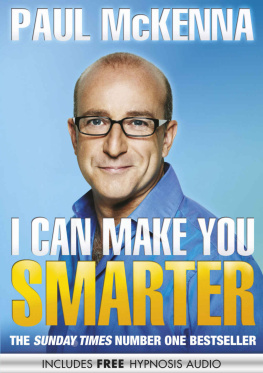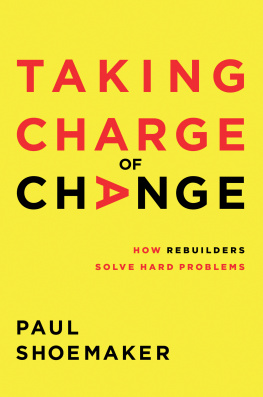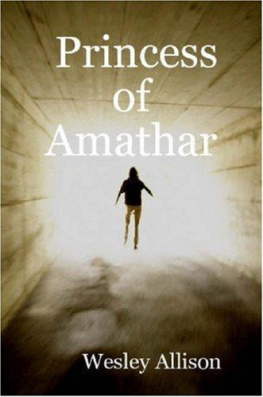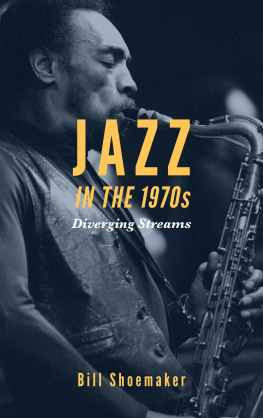Allison Shoemaker - How TV Can Make You Smarter
Here you can read online Allison Shoemaker - How TV Can Make You Smarter full text of the book (entire story) in english for free. Download pdf and epub, get meaning, cover and reviews about this ebook. year: 2020, publisher: Chronicle Books LLC, genre: Home and family. Description of the work, (preface) as well as reviews are available. Best literature library LitArk.com created for fans of good reading and offers a wide selection of genres:
Romance novel
Science fiction
Adventure
Detective
Science
History
Home and family
Prose
Art
Politics
Computer
Non-fiction
Religion
Business
Children
Humor
Choose a favorite category and find really read worthwhile books. Enjoy immersion in the world of imagination, feel the emotions of the characters or learn something new for yourself, make an fascinating discovery.

- Book:How TV Can Make You Smarter
- Author:
- Publisher:Chronicle Books LLC
- Genre:
- Year:2020
- Rating:4 / 5
- Favourites:Add to favourites
- Your mark:
- 80
- 1
- 2
- 3
- 4
- 5
How TV Can Make You Smarter: summary, description and annotation
We offer to read an annotation, description, summary or preface (depends on what the author of the book "How TV Can Make You Smarter" wrote himself). If you haven't found the necessary information about the book — write in the comments, we will try to find it.
How TV Can Make You Smarter — read online for free the complete book (whole text) full work
Below is the text of the book, divided by pages. System saving the place of the last page read, allows you to conveniently read the book "How TV Can Make You Smarter" online for free, without having to search again every time where you left off. Put a bookmark, and you can go to the page where you finished reading at any time.
Font size:
Interval:
Bookmark:
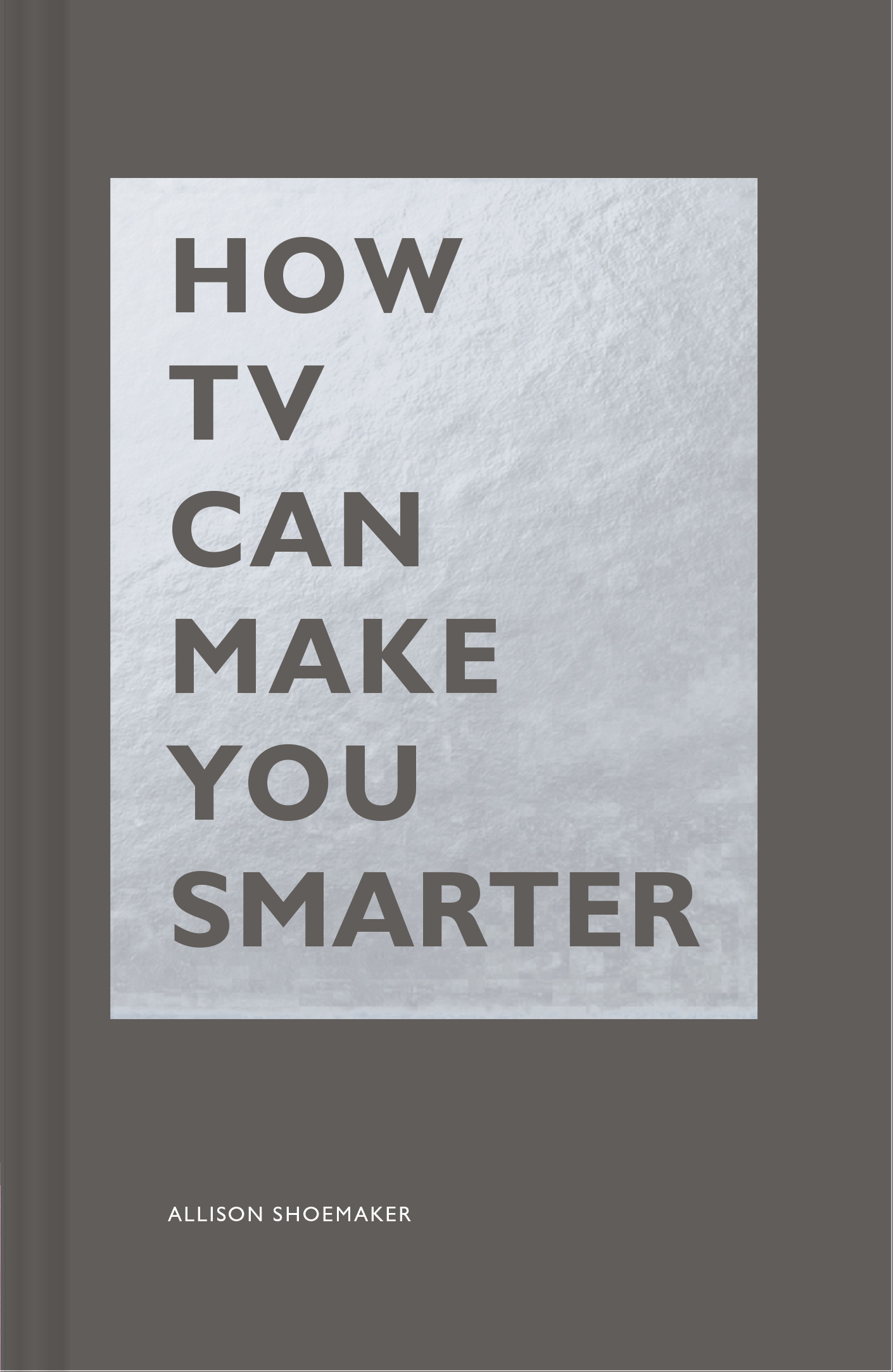


Text copyright 2020 by Allison Shoemaker.
All rights reserved. No part of this book may be reproduced in any form without written permission from the publisher.
Library of Congress Cataloging-in-Publication Data:
Names: Shoemaker, Allison, author.
Title: How TV can make you smarter / Allison Shoemaker.
Description: San Francisco : Chronicle Books, 2020. | Includes bibliographical references.
Identifiers: LCCN 2020005664 | ISBN 9781452171784 (hardcover); ISBN 9781797203492 (epub, mobi)
Subjects: LCSH: Television programs--United States. | Television programs--Social aspects--United States.
Classification: LCC PN1992.3.U5 S5455 2020 | DDC 791.45/ 70973--dc23
LC record available at https://lccn.loc.gov/2020005664
Chronicle books and gifts are available at special quantity discounts to corporations, professional associations, literacy programs, and other organizations. For details and discount information, please contact our premiums department at or at 1-800-759-0190.
Chronicle Books LLC
680 Second Street
San Francisco, California 94107
www.chroniclebooks.com


Youve done it. You picked up this book. You have, at least tentatively, accepted the premise emblazoned across its cover. You have allowed for the possibility that one of the great myths of the age is false: that what is ubiquitous, or, worse still, popular, must be inherently bad for you. Congratulations! The energy you might have wasted on feeling guilty about what you like, judging yourself for how you spend your time, or denying yourself what would bring your mind or heart pleasure, you can instead spend on other things. Go for a walk. Listen to music. Make yourself a nice sandwich. Or go ahead and do what, according to Nielsen, 95 percent of US households do from time to time: Watch some television.
The idea that TV rots your brain is almost as old as the medium itself. When Newton N. Minow, a chairman of the Federal Communications Commission appointed by President Kennedy, addressed the National Association of Broadcasters in 1961, he did exactly what a lot of people do nowadays: He said that sure, there were good programsimportant onesbut that TV was, on the whole, a wasteland. (Its commonly called the Wasteland Speech.) But in his remarks, Minow praised the great live dramas of the 1950s, as well as contemporaneous shows like Rod Serlings The Twilight Zone, which remains one of TVs finest accomplishments. When television is good, he said, nothingnot the theater, not the magazines or newspapersnothing is better. But when television is bad, nothing is worse.
Minow recognized the potential for greatness and for corruption alike in television, praising trailblazers like Serling even as he decried laziness, irresponsibility, and dishonesty. But if ABCs Work It, a particularly lousy sitcom, were a novel, we would never use it as an excuse to declare all fiction worthless. Nor were Minows concerns limited to quality. He was focused on community responsibility and the advancement of education and culture and feared the accessibility of televisionabout the harm that could come from every family having a wasteland at their fingertips, a universe of detergent commercials and paint-by-numbers comedies. But if the bad stuff is a click away, then so is all the brilliance, and never has that been more true than now: If you have a TV, or a computer, or a phone for crying out loud, you have access to some of the greatest art of the twentieth and twenty- first centuries. So do countless others. That means that youre equipped to discuss, debate, and dissect what comes before you with an ease that Minow could hardly have imagined. Wheels turn. Synapses fire. Opinions change. The mind engages, stays engaged, and once that happens, what do you know: TV can, and will, make you smarter.
You can choose to see a wasteland for one, or a wonderland for many. The latter puts your brain to far better useand its more fun, too.

In days gone by, television was a pretty straightforward proposition. If someone was watching TV, it meant they had their family set tuned to one of the major networks. On the screen would be a show: I Love Lucy, M*A*S*H, Moonlighting. That show would be interspersed with advertisements, sold by the networks. Eventually, if you had a VCR, you could set things up to tape your favorite shows while you were out.
Times have changed. Yes, there are still commercials, but not always, and if you missed The Sopranos or Breaking Bad the first time around, you can now head straight over to On Demand, a DVD set, or one of many streaming services to catch up. Netflix gradually transformed from the place that sent you DVDs of The West Wing through the mail to the home of House of Cards, its first original series. Now, with the rise of the Streaming Wars, Netflixs playing field grows increasingly crowded. HBO and other premium cable services remain dominant, but basic cable networks like FX and AMC have also had wild successes. Sometimes the watercooler show of the moment is still broadcast on a major network (like NBCs This Is Us) or one of those cable titans (HBOs Game of Thrones, FXs Atlanta); sometimes it comes from a more unexpected corner, like BBC America (Killing Eve), Pop (Schitts Creek), or the invaluable PBS (Downton Abbey). Its an ever-changing world.
Yet the most fundamental part of the DNA of TV remains unchanged. Put most simply, a television show is any program created for and released by a network, be it broadcast, cable, streaming, or another such source. There are exceptions, but by and large, television is a place you head to for serialized storytelling: a larger story made up of smaller stories, viewed in sequence. That category excludes some major players: event programs, such as concerts, awards shows, and other such programs, as well as made-for-television movies, talk and variety shows, and the mighty anthology show (like The Twilight Zone). But the narrative series reigns supreme.
Living in a post-Sopranos world means being able to champion great television shows to others without much risk of that person rolling their eyes and writing off the medium as a whole. Yet there remains an undercurrent of defensiveness to the way that some talk and write about television. One of the most common refrains, ostensibly intended as praise, is the claim that such-and-such prestigious television show is really more of a six-hour movieor a ten-hour movie, or, in the case of the creators of Game of Thrones, a seventy-three-hour movie. This doesnt mean the show in question is structured like a movie. Its a remark intended to do one of two things (and sometimes both). First, its a signal that the show in question is meant to be better than TVa film, a novel, something artistically and intellectually superior to its tawdry, just-TV brethren. Its also meant to suggest that the series can only accurately be judged as a whole, with individual segments somehow above criticism because the ending has yet to be seen.
Next pageFont size:
Interval:
Bookmark:
Similar books «How TV Can Make You Smarter»
Look at similar books to How TV Can Make You Smarter. We have selected literature similar in name and meaning in the hope of providing readers with more options to find new, interesting, not yet read works.
Discussion, reviews of the book How TV Can Make You Smarter and just readers' own opinions. Leave your comments, write what you think about the work, its meaning or the main characters. Specify what exactly you liked and what you didn't like, and why you think so.

